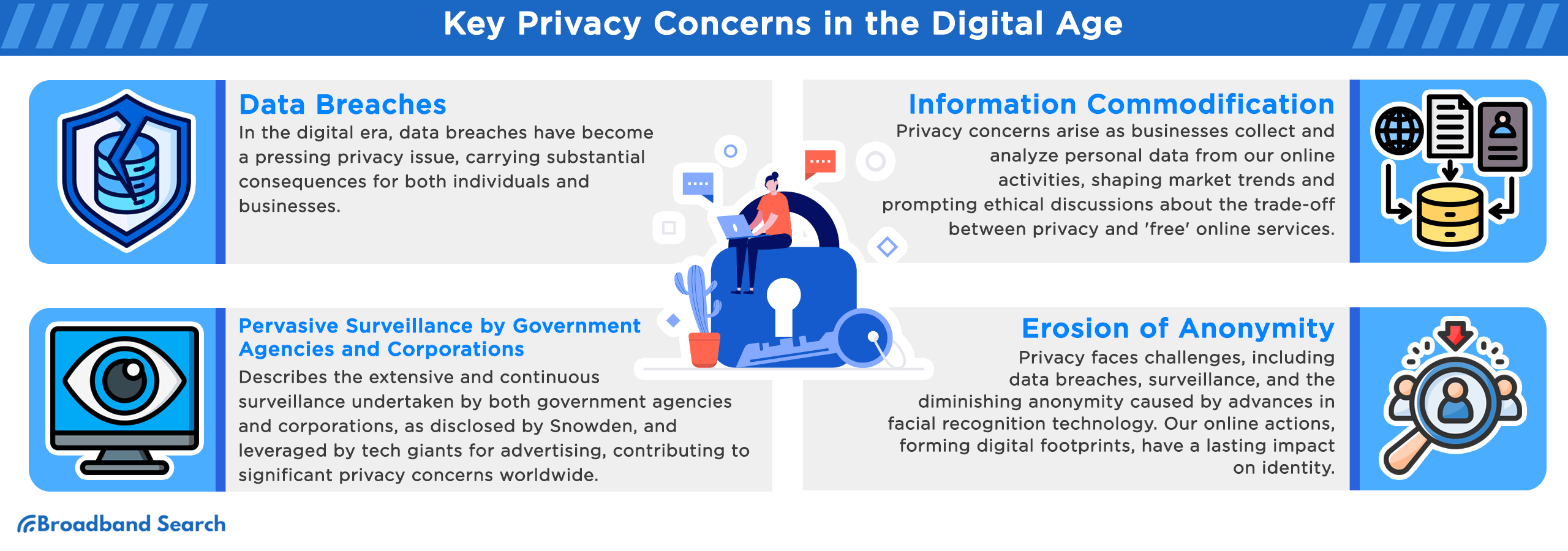Discover the Year’s Hottest Reads: A Roundup of Must-Read Books

Understanding the Future of Digital Marketing: What You Need to Know
As we approach 2024, the digital landscape continues to evolve at an unprecedented pace. With technological advancements spurring forward, businesses must adapt to stay competitive and meet the ever-changing demands of consumers. The future of digital marketing is no exception—it’s a time of exciting innovation and significant transformation.
AI-Powered Marketing: Revolutionizing Customer Interactions
The integration of artificial intelligence (AI) into marketing strategies has opened new avenues for businesses to engage with their audiences more effectively. AI-powered tools are now capable of analyzing vast amounts of data in real time, enabling companies to tailor their campaigns precisely to individual customer preferences.
From predicting consumer behavior to automating routine tasks, AI is streamlining the marketing process. Machine learning algorithms can segment audiences based on purchasing history, demographics, and even browsing patterns, creating highly targeted ads that resonate deeply with each audience member.
This level of personalization not only enhances customer satisfaction but also increases engagement rates. By understanding what drives individual users, businesses can deliver more relevant content, ultimately leading to higher conversion rates and stronger customer loyalty.
Blockchain Technology: Enhancing Transparency in Digital Marketing
Blockchain technology is poised to revolutionize the digital marketing industry by introducing unprecedented transparency and trust among businesses, consumers, and even regulators. This decentralized ledger technology ensures that all transactions are recorded securely and can be independently verified.

In the context of marketing, blockchain can facilitate secure payment systems, streamline supply chains, and enhance customer verification processes. By eliminating intermediaries like banks or credit card companies, blockchain can reduce costs while increasing the reliability of digital transactions.
As a result, businesses that adopt blockchain technology are better positioned to build trust with their customers, particularly in industries where security and accountability are paramount—such as e-commerce, financial services, and government contracting.
5G Networks: The Next Frontier for Marketing Innovation
The rollout of 5G networks is set to bring about a wave of marketing opportunities that will redefine how brands connect with consumers. With faster speeds, lower latency, and improved connectivity, businesses can develop entirely new types of campaigns.
Virtual reality (VR) and augmented reality (AR), powered by 5G, are now becoming more accessible than ever before. These technologies enable immersive marketing experiences that allow customers to interact directly with products or services in a virtual environment.
Consumers are increasingly drawn to such innovative content, as it provides a more engaging and memorable shopping or learning experience. As a result, businesses that embrace 5G-enabled technologies are likely to gain a significant competitive edge.
Internet of Things (IoT) in Marketing: Connecting Products to Consumers
The Internet of Things (IoT) is another game-changer for the digital marketing landscape. By integrating sensors and devices into products, brands can gather real-time data about how users interact with their offerings.
This data can then be analyzed to provide personalized recommendations, optimize product features, or even predict consumer needs before they arise. For instance, IoT-enabled smart devices can monitor a user’s behavior throughout the day, providing insights into their preferences and habits in real time.
Such capabilities not only enhance customer satisfaction but also enable businesses to create more meaningful connections with their audience, ultimately driving loyalty and repeat purchases.
The Rise of Decentralized Marketing Platforms
Decentralized marketing platforms are gaining momentum as they offer greater flexibility, autonomy, and control for both businesses and consumers. These platforms typically operate on blockchain technology, allowing users to bypass traditional intermediaries like traditional banks or third-party platforms.
With decentralized platforms, consumers can access a wider range of products and services at more competitive prices while maintaining full transparency throughout the purchasing process. This shift is likely to have a significant impact on how marketing is conducted in the years to come.
Cryptocurrency: A New Frontier for Digital Marketing
While still relatively new to the market, cryptocurrency has already begun to influence various aspects of digital marketing. From payment systems to advertising models, cryptocurrencies are providing businesses with innovative tools to engage with their audience.
Cryptocurrencies offer enhanced security, privacy, and anonymity compared to traditional payment methods. As a result, businesses that adopt blockchain-based technologies like cryptocurrency may be able to attract a more tech-savvy customer base.
Additionally, tokenization—issuing unique tokens as rewards or incentives—could revolutionize how consumers interact with brands. Tokens can represent ownership of products, services, or experiences, creating a new layer of engagement and value for both businesses and customers.
Conclusion: Navigating the Evolving Landscape
The digital marketing landscape is undergoing profound transformation as artificial intelligence, blockchain technology, 5G networks, IoT devices, and cryptocurrencies continue to shape its future. Businesses that remain agile and open to innovation will be better equipped to thrive in this dynamic environment.
By embracing these emerging technologies, companies can unlock new opportunities for customer engagement, personalized experiences, and operational efficiency. However, businesses must also stay vigilant about the risks associated with rapid technological change—such as obsolescence or ethical concerns.
As we move forward into 2024, the key to success in digital marketing lies not only in staying ahead of the curve but also in fostering meaningful connections with your audience. By staying informed, adaptable, and innovative, you can ensure that your brand remains relevant and resonant in an ever-changing world.
Stay tuned for more insights into how these technologies will shape the future of digital marketing!



